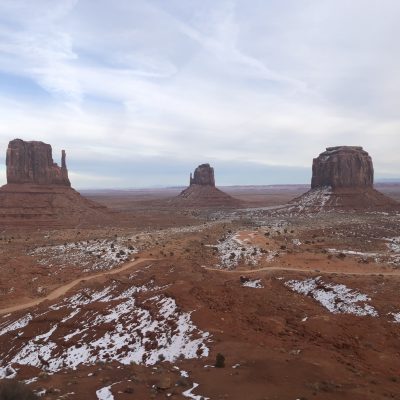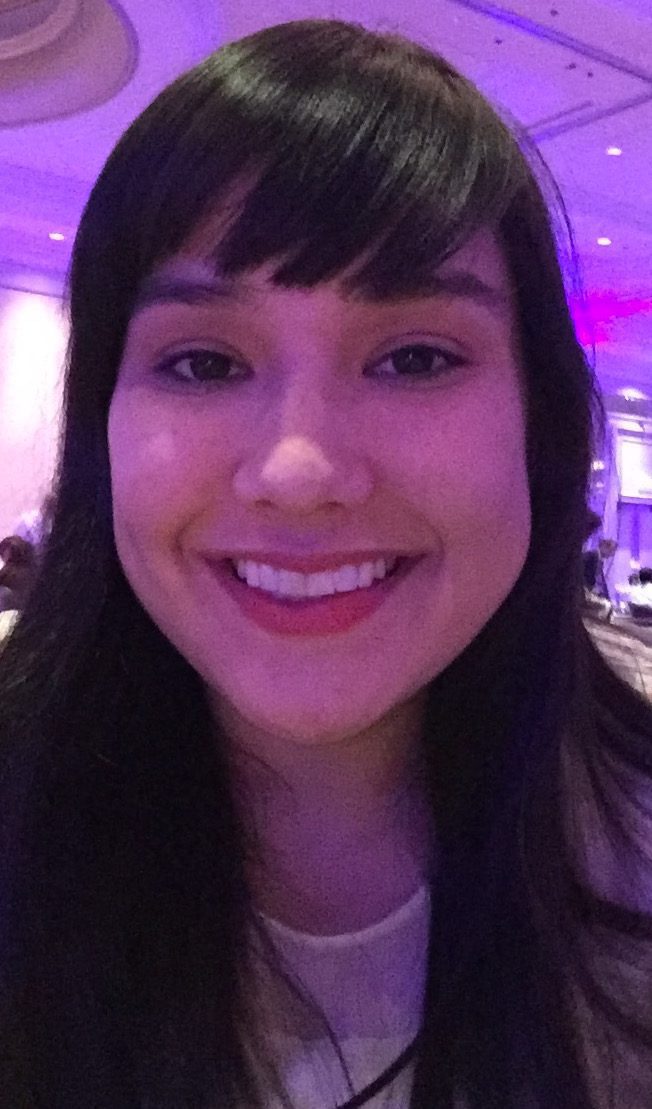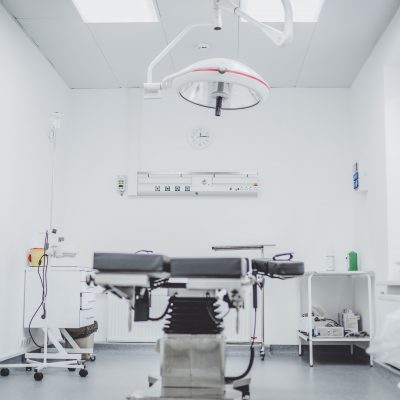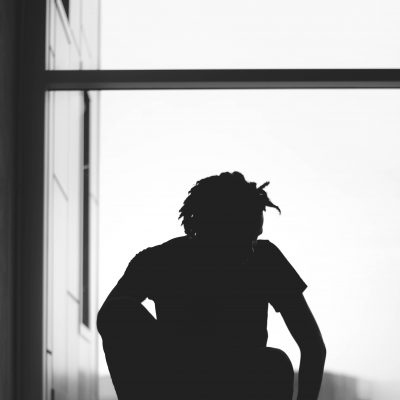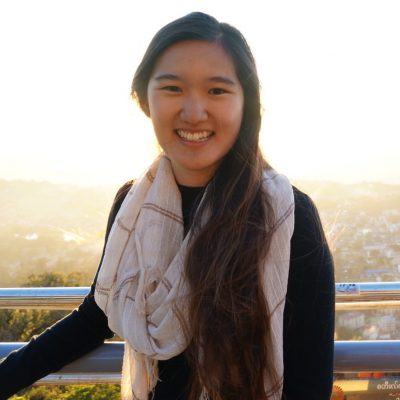Details
Article
On March 17, 2020, everything changed. The first documented cases of COVID-19 occurred not too far from my hometown of Kayenta, Arizona. The initial outbreak was tied to a church rally that recently took place, and even as the Navajo Nation government and grassroots organizations mobilized, I knew my community would be facing an uphill battle.
Growing up indigenous in the United States means living with the understanding that much of the United States is unaware of your existence. I attribute this to several things, the first being history. Native Americans were displaced and forced to settle on reservations, typically in undesirable land far away from European settlers. In the present day, this “out of sight, out of mind” mentality continues to further the idea that Native Americans no longer exist.
Growing up indigenous in the United States means living with the understanding that much of the United States is unaware of your existence. I attribute this to several things, the first being history.
Americans remain blissfully unaware that we are still here
Next, society continues to erase us by perpetuating harmful stereotypes including reducing us to caricatures wearing feathers, headdresses, and buckskin. In the words of First Nations actor Adam Beach, “They like us in the 1800’s” referring to Hollywood and society’s refusal to recognize us as a people very much entrenched in the modern world while remaining firmly rooted in our traditions and culture. As a result, Americans remain blissfully unaware that we still here.
If you are interested in donating to the Navajo and Hopi Families COVID-19 Relief Fund, please click here.
Even from afar, it is impossible to forget the harsh living conditions, akin to those of developing countries, that exist on the Navajo Nation. A myriad of issues existing before the pandemic has been exacerbated the severity and chaos brought by COVID-19. Like many reservations, the Navajo Nation is plagued by high rates of poverty and unemployment. Less income means many people don’t have the ability to stock up on essential items including cleaning supplies, food, bottled water and other necessities. Those with financial means can still face the challenge of acquiring food in one of 13 grocery stores that serves about 180,000 people.
How are people supposed to wash their hands if they don’t have access to running water?
Poverty continues to highlight the issues between the haves and have-nots in two profound ways: water and electricity. One out of three people do not have running water or electricity in their home, adding an additional challenge to maintaining good hygiene. As health officials continue to stress the importance of hand-washing, a fundamental question has risen: How are people supposed to wash their hands if they don’t have access to running water?
To learn more about the Navajo and Hopi Families COVID-19 Relief Effort, please click the link here
Without refrigeration, many people are forced to rely on processed or packaged foods with little to no nutritional value. Unsurprisingly, adverse health effects are prevalent, including diabetes, cancer, asthma, and heart disease—underlying conditions more likely to increase the severity of COVID-19.
If it is to be, it is up to me
What worries me most is how ill-equipped our health care system is to treat patients. Through the IHS (Indian Health Service) there are only 12 healthcare facilities with 170 hospital beds, 13 ICU beds, and 28 ventilators available for the entire Navajo Nation. As I read news articles and social media posts detailing the latest casualties and documented cases, it’s hard not to feel discouraged.
There are only 12 healthcare facilities with 170 hospital beds, 13 ICU beds, and 28 ventilators available for the entire Navajo Nation.
Despite these challenging times, I try to remain hopeful, drawing on the strength of my ancestors who survived Hwéeldi (The Long Walk) and the 1918 flu pandemic. In keeping with traditional Navajo values, I am taking an active role in helping my community by putting into practice a common Navajo phrase, T’áá hwó’ ají t’éego, which roughly translates to, “if it is to be, it is up to me.” As a grad student away from home, I am volunteering remotely with the Navajo and Hopi COVID-19 Relief Effort by coordinating with families on the Navajo Nation and Hopi Reservation to have supplies, food, water, and other necessities delivered by volunteers on the ground. This goes to show that no matter how small, we all can play a role in helping vulnerable communities as we try to navigate life in this new reality.
Emily McDonnell is a Humanity in Action Senior Fellow (2017, John Lewis Fellowship). She is an enrolled member of the Navajo Nation, where she was raised until she left to attend college at the University of Arizona. She is currently a graduate student studying public administration at Arizona State University. Prior to the COVID-19 pandemic, she was an intern at the Heard Museum.

